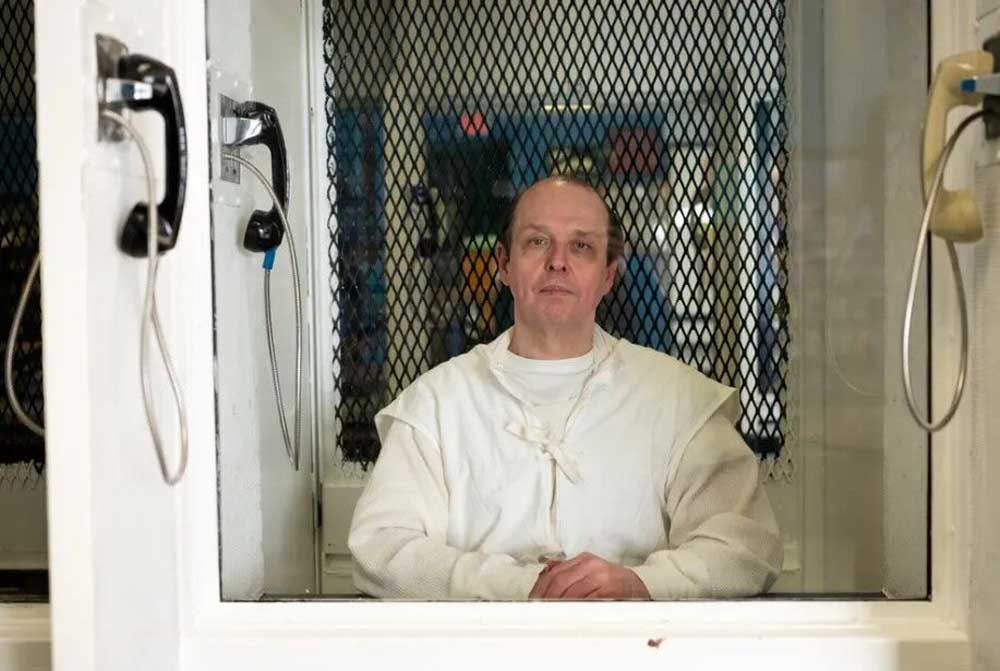Supporting solar without subsidies
Published 7:27 pm Thursday, January 7, 2016
Economist Ben Ho has taken to the pages of TheNew York Times to present what he claims is “the conservative case for solar subsidies.” While his op-ed piece shows a clear understanding of the solar industry’s dependence on government funding, it shows no such understanding of free-market conservatism.
“To many skeptics, particularly on the right, the spectacular failure of the solar-panel manufacturer Solyndra in 2011, after receiving a $535 million loan guarantee from the Department of Energy, demonstrated the industry’s shaky future and the danger of government efforts to subsidize it to success,” wrote Ho, who served as an energy economist to the Obama administration and now teaches at Columbia.
Trending
Still, he wrote: “Solar, long viewed through the lens of crony capitalism, has shown the ability to inject real market competition in energy distribution, one of the last monopolies in the energy sector, while improving the efficiency of the grid and putting more dollars in the pockets of middle-class Americans. Conservatives, in other words, need to take another look at solar.”
Now, Ho is absolutely right about the electricity markets. They’re what economists call “natural monopolies.” The infrastructure costs are enormous, and that dissuades competition. Because natural monopolies almost always become actual monopolies, government often steps in to regulate these markets. As Ho pointed out, “in most markets around the country, electricity is still one of the few areas where we have virtually no choice over our supplier.”
Texas, for the record, is a leader in deregulating electricity markets.
But Ho’s claim is that rooftop solar electricity is the answer to monopolies. He acknowledges that solar panels only work when the sun is shining, but “fortunately, we need energy most during the daytime.”
That’s certainly a valid argument for having solar panels on the roof of a home or business. But it’s not an argument for government subsidies of those panels or of the industry.
A tax subsidy is a transfer of wealth. It’s taking money from some people and giving it to others. In the case of solar subsidies, it’s taking money from taxpayers – who have their own bills to pay, including the light bill – and giving it to corporate executives at solar start-ups.
Trending
As Vance Ginn of the Texas Public Policy Foundation notes, “redistributing taxpayer dollars to failing green energy projects is a costly endeavor that forces a shift to less efficient, less abundant, and more expensive sources of energy at the cost of private sector jobs and prosperity.”
Ho’s point is that since conservatives like competition, and solar power can (in some instances) provide a kind of competition to the big, bad power companies, then conservatives should like solar.
And he added, “there’s nothing in free-market economic theory that precludes government support.”
But of course there is. Free markets work because all decisions are made voluntarily, by producers and consumers. Government support, particularly in the form of government picking winners like Solyndra, undermines those markets and destroys the voluntary nature of exchange.
There’s a conservative case for solar power. But not for subsidies.







